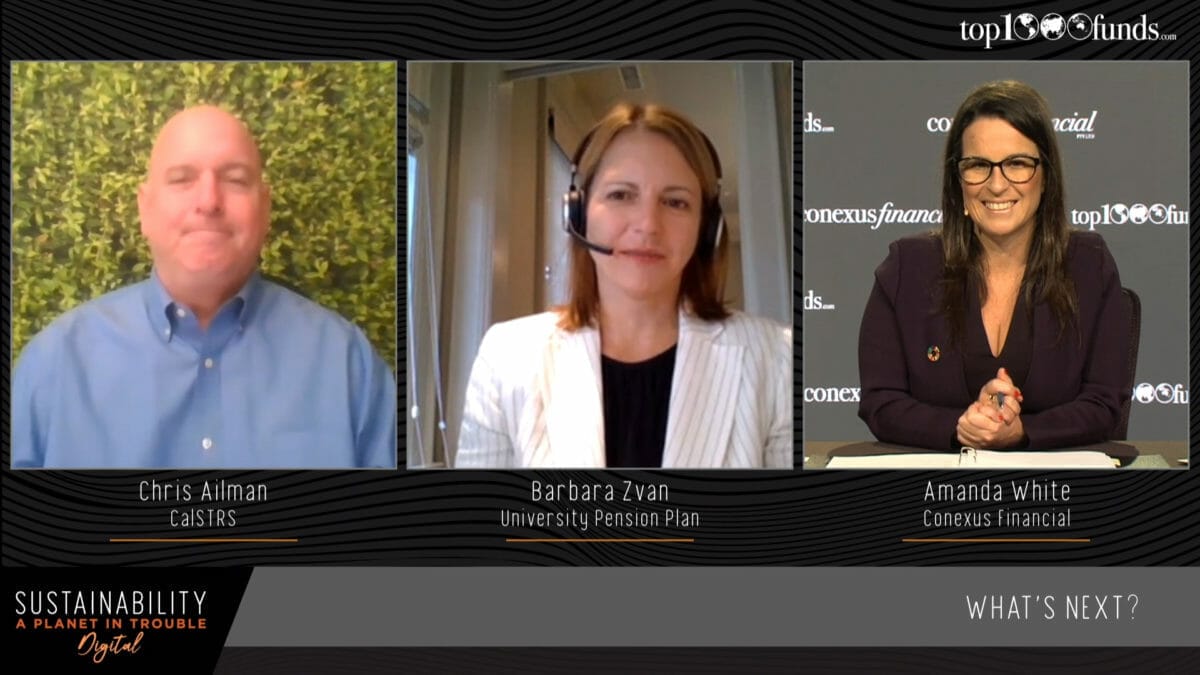The climate emergency is so large it requires a rewiring of the whole economic and financial system. But to do this new risk models are required and old paradigms must be abandoned to make way for a better way of understanding complex systems.

Professor Cameron Hepburn
Professor of Environmental Economics, University of Oxford (United Kingdom)
Cameron Hepburn is the director of the economics of sustainability programme, based at the Institute for New Economic Thinking at the Oxford Martin School. He is also director and Professor of Environmental Economics at the Smith School of Enterprise and the Environment, a Fellow at New College, Oxford, and a Professorial Research Fellow at the Grantham Research Institute at the London School of Economics.
He has published widely on energy, resources and environmental challenges across a range of disciplines, including engineering, biology, philosophy, economics, public policy and law, drawing on his degrees in law, engineering and doctorate in economics. He is on the editorial board of Environmental Research Letters and is the managing editor of the Oxford Review of Economic Policy. His research is often referred to in the printed press, and he has been interviewed on television and radio in many countries.
Hepburn provides advice on energy and climate policy to government ministers (e.g. China, India, UK and Australia) and international institutions (e.g. OECD, UN organisations) around the world. He began his professional life with McKinsey, and has since had an entrepreneurial career, co-founding three successful businesses – Aurora Energy Research, Climate Bridge and Vivid Economics – and investing in several other social enterprises, such as Purpose and Apolitical. He also serves as a trustee for Schola Cantorum of Oxford.
White is responsible for the content across all Conexus Financial’s institutional media and events. She is responsible for directing the bi-annual Fiduciary Investors Symposium which challenges global investors on investment best practice and aims to place the responsibilities of investors in wider societal, and political contexts, as well as promote the long-term stability of markets and sustainable retirement incomes. She is the editor of conexust1f.flywheelstaging.com, the online news and analysis site for the world’s largest institutional investors. White has been an investment journalist for more than 20 years and has edited industry journals including Investment & Technology, Investor Weekly and MasterFunds Quarterly. She was previously editorial director of InvestorInfo and has worked as a freelance journalist for the Australian Financial Review, CFO, Asset and Asia Asset Management. She has a Bachelor of Economics from Sydney University and a Master of Arts in Journalism from the University of Technology, Sydney. She was previously a columnist for the Canadian publication, Corporate Knights, which is distributed by the Globe and Mail and The Washington Post. White is currently a fellow in the Finance Leaders Fellowship at the Aspen Institute. The two-year program consists of 22 fellows and seeks to develop the next generation of responsible, community-spirited leaders in the global finance industry.
Key takeaways
- We need to piece together what nasties might be lurking ahead.
- We are pouring trillions into the rescue and recovery. Let’s make sure these trillions are directed into assets that are fit for the future.
- 80 per cent of people in China, Mexico and India want a green recovery. There is overwhelming appetite for a different and better future.
- We must achieve net zero. It is a question of when, not if.
- What theoretical ‘surgical interventions’ – legal cases or geopolitical actions – would accelerate the move to net zero?
- Government is a key actor in the system as it can potentially enforce mandatory initiatives.
- A carbon tax might be useful, but it is probably not the most important of effective tool. We have to paint on a broader canvas.
Poll results
What percentage reduction in emissions from today’s levels is ultimately required to stabilise temperatures at 3°C



